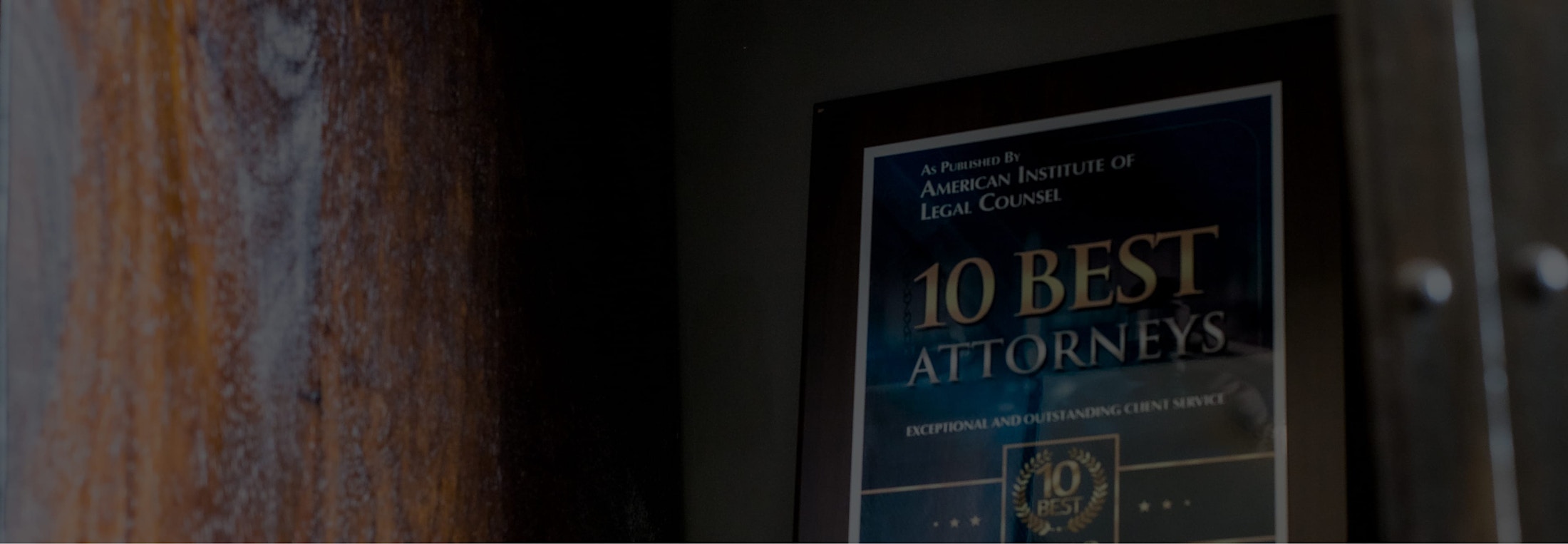You can appeal your case if you've been convicted of a crime in Spring Hill, FL. This involves a higher court reviewing the decision made by a lower court. It's a complex process, but it's essential for ensuring justice is served. The highly experienced criminal defense attorneys at Carlson, Meissner & Hayslett can guide you through the appeals process and fight for your rights. With the right representation, your voice will be heard in the courtroom.
Outcomes of Criminal Appeals: Possibilities Explained
When a criminal defendant appeals their conviction or sentence, several potential outcomes may result:
- The conviction or sentence is upheld, meaning the appellate court agrees with the lower court's decision and finds no errors that would warrant a reversal or modification of the verdict or sentence
- The conviction or sentence is overturned, meaning the appellate court finds that errors were made during the trial or sentencing process that affected the defendant's rights and/or the outcome of the case
- Depending on the circumstances, the appellate court may order a new trial, modify the sentence, or dismiss the charges altogether
- An appellate court may remand a case back to the lower court for further proceedings if they find errors were made during the trial or sentencing process but not enough to warrant a complete reversal or modification of the conviction or sentence
- The lower court is instructed to take specific actions, such as holding a new hearing or re-sentencing the defendant
- The appellate court may find that the defendant's rights were violated in some way but that the error was harmless and did not affect the outcome of the case
- Alternatively, the appellate court may find that the defendant's rights were violated but that the error was waived or forfeited by the defendant's actions during the trial or sentencing process





